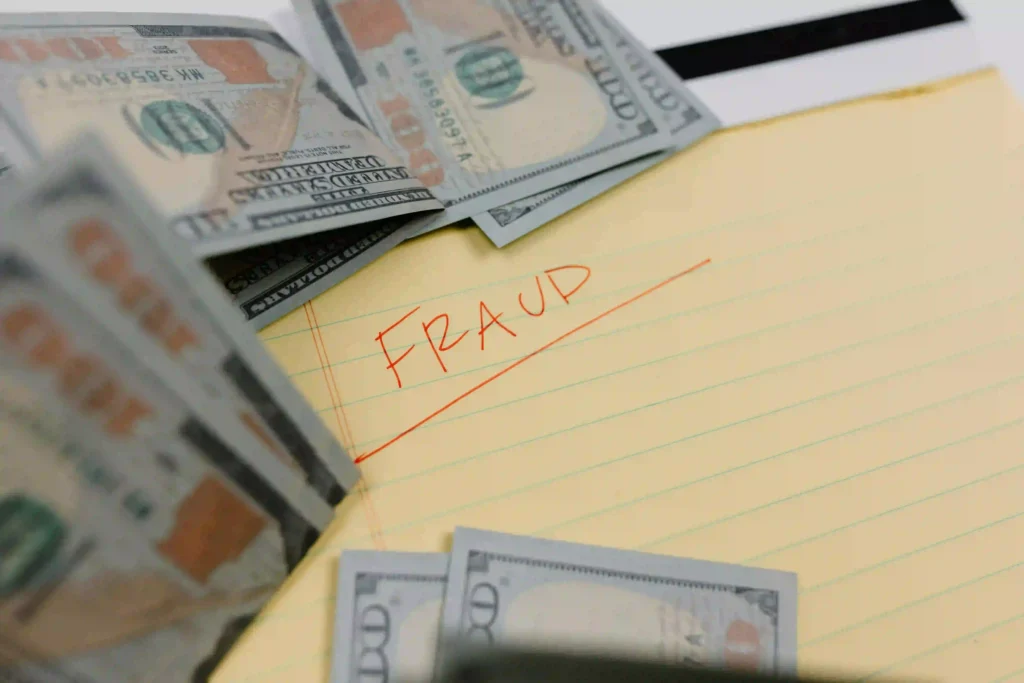The Phongsavanh Group Investment Scam has emerged as a troubling development in recent months, raising concerns among investors and regulators alike. This scam involves fraudsters exploiting the name of the Phongsavanh Group, a well-respected conglomerate in Southeast Asia, to deceive individuals into fake investment schemes. With its trusted reputation in banking, energy, and telecommunications, the group’s name has become a target for misuse. Understanding the tactics behind the Phongsavanh Group Investment Scam is critical to avoiding financial losses and protecting yourself from falling victim to such schemes.
What Is the Phongsavanh Group Investment Scam?
The Phongsavanh Group Investment Scam involves fraudsters exploiting the credibility of the Phongsavanh brand to deceive individuals into fake investment schemes. These scammers impersonate the group’s representatives, offering lucrative opportunities to unsuspecting victims who end up losing significant amounts of money.
Reports indicate that these schemes often use convincing techniques, such as fake websites, counterfeit documents, and high-pressure sales tactics. The misuse of the Phongsavanh name lends a false sense of legitimacy to these fraudulent activities.
How Widespread Is the Scam?
The exact scale of the scam remains unclear, but reports indicate that multiple individuals across Southeast Asia and even beyond have fallen victim. As the group operates in various sectors, fraudsters have impersonated representatives from areas like energy projects, banking investments, and even philanthropic initiatives.
How the Scam Works
To execute their fraudulent schemes, scammers employ several sophisticated tactics designed to mislead potential victims.
Step 1: Impersonation
Fraudsters often pose as high-ranking officials or authorized representatives of the Phongsavanh Group. They create fake email addresses and profiles, use stolen branding, and even conduct video calls to appear convincing.
Step 2: False Promises of High Returns
Victims are offered lucrative investment opportunities, such as participating in energy development projects or accessing exclusive shares in banking initiatives. These investments promise extraordinarily high returns within a short period, exploiting the victims’ desire for quick financial gains.
Step 3: Urgent Timeframes
Scammers use high-pressure tactics to rush their targets into making decisions. Phrases like “limited availability” or “closing soon” are common, creating a false sense of urgency.
Step 4: Fake Documentation
Victims are provided with professional-looking contracts, prospectuses, and even legal documents to invest appear legitimate. These documents often contain official logos and signatures, making them difficult to distinguish from real ones.
Step 5: Untraceable Payments
Once the victim is convinced, they are instructed to transfer funds via methods that are difficult to trace, such as cryptocurrency wallets or international wire transfers. Once the funds are sent, the scammers disappear, leaving the victims with no recourse.
Common Red Flags
Recognizing the warning signs of investment scams is crucial to protecting yourself. Some red flags include.
- Unrealistic Returns: Promises of guaranteed high returns with no risks should immediately raise suspicion.
- Lack of Verifiable Information: If the representative or investment cannot be verified through credible sources, it is likely fraudulent.
- Upfront Payment Requests: Legitimate investment opportunities typically do not require large upfront payments.
- Unsecure Communication Channels: Businesses of the Phongsavanh Group’s caliber do not conduct official matters over informal channels like WhatsApp or personal email accounts.
- Pressure to Act Quickly: Scammers often push victims to make decisions without giving them adequate time to verify the claims.
The Impact on Victims
Financial Losses
Victims of the scam often lose significant amounts of money. Some individuals have reported losing their entire life savings, while others took out loans or sold assets to participate in the fraudulent investment schemes.
Emotional Toll
The emotional impact can be just as severe as the financial loss. Victims often feel ashamed, embarrassed, or betrayed, which can lead to stress, anxiety, and even depression. In extreme cases, the emotional aftermath has led victims to withdraw from social circles or suffer long-term mental health issues.
Legal Complications
Some victims have unknowingly engaged in activities, such as money laundering, by following scammers’ instructions. This can lead to legal complications and further stress.
Phongsavanh Group’s Official Response
In light of the allegations surrounding the Phongsavanh Group Investment Scam, the Phongsavanh Group has taken a proactive stance to protect its reputation and warn the public. The organization has issued clear statements denying any involvement in fraudulent activities, emphasizing that scammers are misusing its name for illicit purposes. By addressing the issue directly, the group aims to educate potential victims and minimize the damage caused by these fraudulent schemes.
Public Warnings
The group has issued official statements through its website and media channels, categorically denying involvement in the fraudulent schemes. They have urged individuals to verify any investment opportunities through their official communication channels.
Legal Action
The company is collaborating with local and international law enforcement agencies to track and prosecute those responsible for the scams. By working closely with authorities, they aim to dismantle the networks behind these fraudulent activities.
Cybersecurity Initiatives
Phongsavanh Group has strengthened its cybersecurity measures, including securing its digital assets, to prevent the misuse of its brand. This includes monitoring for fake websites and taking them down swiftly.
Protecting Yourself
To avoid becoming a victim, consider the following best practices.
Verify Legitimacy
Always cross-check the credentials of individuals or organizations offering investment opportunities. Contact the official Phongsavanh Group website or customer service to confirm the validity of any offers.
Research the Opportunity
Thoroughly investigate the investment before committing. Look for reviews, consult independent experts, and analyze the market trends surrounding the proposed project.
Avoid Acting Under Pressure
Take your time to make informed decisions. Legitimate investment opportunities do not require you to act immediately.
Use Secure Payment Methods
Only use traceable payment methods, such as bank transfers to verified accounts. Avoid sending money via cryptocurrency or other untraceable channels.
Report Suspicious Activity
If you encounter any suspicious offers, report them to your local authorities, as well as online platforms, to prevent others from being targeted.
What Should Authorities Do?
The responsibility to combat scams also lies with regulatory bodies and governments. To minimize the impact of such schemes, authorities should.
Enforce Stricter Regulations
Regulatory bodies need to implement stringent oversight of investment activities and penalize fraudulent operators.
Raise Public Awareness
Governments should run campaigns to educate the public about recognizing and avoiding scams. Educational initiatives can be especially effective in rural and underserved areas.
Strengthen International Cooperation
Given the global nature of many scams, cross-border collaboration among law enforcement agencies is essential for tracking and apprehending offenders.
Conclusion
The Phongsavanh Group Investment Scam is a sobering reminder of the increasing sophistication of financial fraud. While the Phongsavanh Group remains a reputable and legitimate organization, its name has been exploited by scammers to deceive unsuspecting victims. Investors must remain vigilant, conduct thorough research, and exercise caution before committing to any opportunity. By staying informed and adopting best practices, you can protect your finances and help combat the growing threat of investment fraud.


